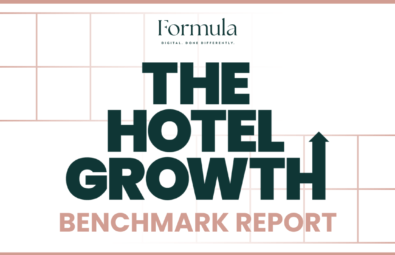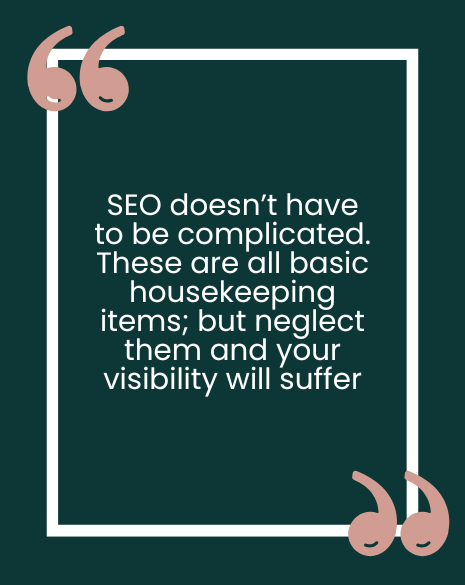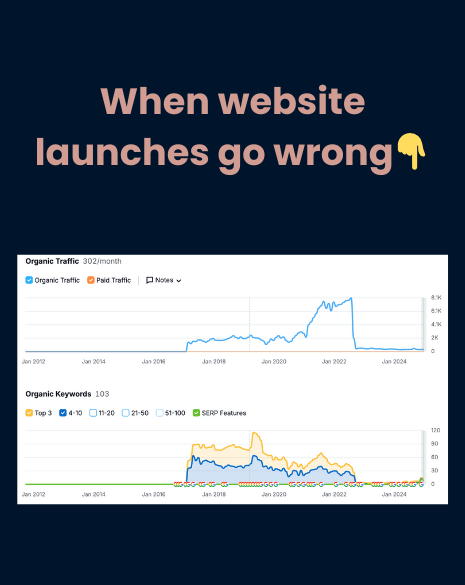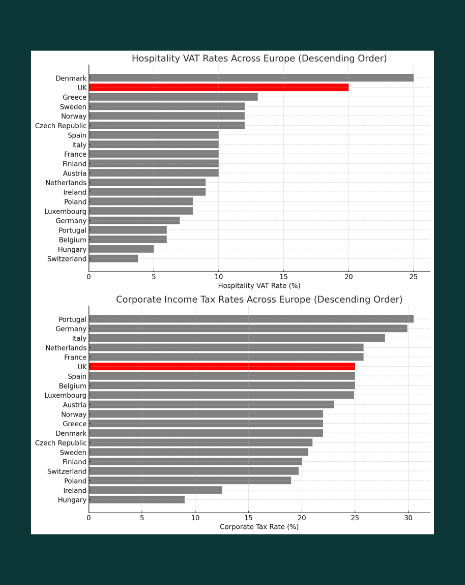The online travel and hospitality space is fiercely competitive, and hotels need every advantage to stand out. Traditional SEO techniques – like optimised content, backlinks and keyword strategies – are still essential, but they are no longer enough to ensure that a hotel ranks prominently in search results. This is where schema markup for hotels becomes a game-changer.
Schema markup is a form of structured data – essentially, lines of code added to your website – that helps search engines interpret and display website content more effectively. For hotels, it provides search engines with detailed information, enabling richer search results that showcase guest reviews, pricing, availability and direct booking options. This not only improves visibility but also makes the search experience smoother for potential guests, increasing the likelihood of direct bookings.
In this article, we’ll explore how schema markup has evolved in the hotel industry, its impact on search rankings, and how it is shaping the future of search in an AI-driven world.
The Evolution of Schema Markup in the Hotel Industry
A Brief History
Schema markup was introduced in 2011 as a collaboration between major search engines, including Google, Bing, and Yahoo. The goal was to create a universal vocabulary that would help search engines better understand and present structured content in search results.
Since its inception, structured data has played an increasingly vital role in the hospitality industry. As Google refines its approach to hotel-related searches, schema markup has become essential for achieving visibility in Google Travel, Local Pack results, and Knowledge Panels. Hotels that fail to implement schema risk losing valuable organic traffic to competitors who use structured data effectively.
Why Hotels Need Schema Markup
The search landscape is evolving, with zero-click searches, AI-driven results, and voice search becoming the norm. Potential guests are no longer just clicking through to a website – they expect to see key information directly in search results.
Without structured data, hotels risk being overshadowed by competitors who offer richer, more engaging search experiences. Implementing schema markup allows hotels to communicate essential details more effectively, reducing reliance on Online Travel Agencies (OTAs) while increasing direct bookings.
Here’s why schema markup is a necessity for hotels:
- Enhanced Visibility – Google and other search engines prioritise structured data when presenting search results, leading to better rankings and improved organic reach.
- Higher Click-Through Rates – Rich snippets displaying star ratings, pricing, and availability entice users to click on a hotel’s website instead of an OTA listing.
- Improved Guest Experience – Potential guests get instant access to key information, making it easier to compare options and book directly.
- Competitive Advantage – Hotels that leverage schema markup will be better positioned in AI-driven search results, voice search queries, and zero-click search experiences.
How Schema Markup Improves Hotel SEO
Schema markup structures data in a way that search engines can easily interpret, allowing them to display key hotel details directly in search results. This enhances the user experience by giving potential guests the information they need at a glance, reducing friction in the decision-making process.
Different types of schema markup serve different purposes, optimising various aspects of a hotel’s search presence. The table below shows the most important schema types for hotels.
| Schema Type | Purpose & Benefits |
| Hotel Schema | Highlights key details like name, address, amenities, and booking links, improving search visibility. |
| Local Business Schema | Boosts local SEO by ensuring accurate location-based search results, enhancing Google My Business and Maps visibility. |
| Review Schema | Showcases guest ratings and reviews, increasing credibility and click-through rates. |
| Event Schema | Promotes hotel-hosted events like weddings and conferences, improving event-related search visibility. |
| FAQ Schema | Displays commonly asked questions directly in search results, addressing guest concerns upfront. |
| Room Schema | Provides details on room categories, features, pricing, and availability, enhancing search engine understanding of accommodation offerings. |
Hotels that implement these schema types effectively are more likely to appear in rich snippets, featured search results, and even voice search responses, creating a seamless experience for potential guests.
The Future of Schema Markup & AI in Hotel SEO
The way people search for hotels is changing, and AI is at the heart of this transformation. Google’s Search Generative Experience (SGE) is redefining search by prioritising structured data to deliver contextually relevant, AI-driven results. This means that hotels must optimise their content for an AI-first search environment.
How AI and Structured Data Work Together
- Enhanced Personalisation – AI-driven search results are increasingly tailored to users based on their preferences and browsing behaviour. Schema markup ensures that a hotel’s details are accurately presented to the right audience at the right time.
- Voice Search Optimisation – With virtual assistants like Google Assistant, Alexa, and Siri becoming more popular, structured data makes it easier for AI to extract and present hotel information in response to voice queries.
- Zero-Click Searches – Google’s AI-driven features, such as featured snippets and knowledge panels, often pull information directly from structured data. Hotels optimising their content with schema markup have a better chance of securing a prominent position in these rich search results.
- E-E-A-T Signals – Google’s emphasis on Experience, Expertise, Authority, and Trust (E-E-A-T) means that structured data can reinforce a hotel’s credibility by providing accurate, machine-readable information.
The Future of Hotel Search: Visibility Beyond Rankings
The future of search isn’t just about ranking – it’s about delivering relevant, structured information in AI-powered search environments. As AI-driven search continues to evolve, hotels must prioritise structured data to ensure they remain visible, competitive, and directly accessible to potential guests.
Hotels that embrace schema markup will not only improve their organic search performance but also enhance the guest experience by making key information readily available. Structured data is no longer just a technical SEO enhancement; it is a strategic necessity in an era where search engines increasingly favour machine-readable, highly structured content.
Formula is at the forefront of SEO and digital marketing, providing expert guidance to ensure hotels stay ahead of the curve. With expertise in structured data and AI-driven search strategies, Formula helps hotels maximise their visibility and drive more direct bookings in an ever-evolving digital landscape. Get in touch to find out more.







